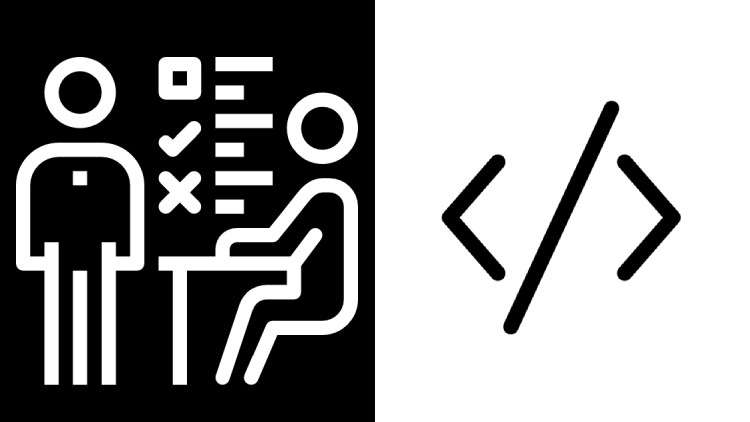
OOPs Interview Questions and Solutions Preparation Observe Take a look at | Freshers to Skilled | Detailed Explanations
What you’ll study
In-Depth Understanding of OOP Rules and Ideas
Mastery of Superior OOP Strategies and Design Patterns
Software of OOP in Actual-World Eventualities
Preparation for Technical Interviews and Enhanced Drawback-Fixing Expertise
Why take this course?
¡Hola! It appears you’ve supplied an in depth overview of what a potential learner can count on from an Object-Oriented Programming (OOP) course, together with the curriculum construction, key ideas, and pattern questions with explanations. This method to educating programming is certainly basic in lots of software program growth environments, and understanding it totally can enormously improve one’s skill to design, develop, and keep high-quality software program.
For those who’re seeking to create content material like this for a course or instructional materials, ensure that to cowl the next elements:
- Introduction to OOP: Clarify what OOP is and the way it differs from procedural programming. Introduce the principle ideas of OOP (Encapsulation, Inheritance, Polymorphism, and Abstraction).
- Class Fundamentals: Train how you can outline courses, create objects, and perceive states (attributes) and behaviors (strategies).
- Information Sorts and Encapsulation: Focus on the significance of encapsulating information inside objects to guard the integrity of the info.
- Inheritance: Clarify how courses can inherit traits from different courses and the way it promotes code reusability and hierarchical classification.
- Polymorphism: Describe how polymorphism permits strategies to do various things primarily based on the thing it’s performing upon, and introduce the idea of technique overriding and overloading.
- Abstraction: Train how abstraction simplifies complicated programs by exposing solely related information and strategies to the consumer.
- Composition vs Inheritance: Focus on the distinction between composing objects (constructing class cases inside a category) versus inheriting from different courses, and when to make use of every method.
- Design Patterns: Introduce frequent design patterns similar to Singleton, Manufacturing unit, Observer, Technique, and Decorator, and clarify their use circumstances.
- SOLID Rules: Cowl the SOLID ideas (Single Accountability, Open/Closed, Liskov Substitution, Interface Segregation, and Dependency Inversion) and their significance in writing maintainable and scalable code.
- Testing and Debugging: Train greatest practices for testing OOP code, together with unit checks and integration checks, and how you can debug OOP purposes successfully.
- Actual-World Examples: Present sensible examples and case research that exhibit the appliance of OOP ideas in real-world situations.
- Last Undertaking or Task: Cap the course with a mission or task that requires learners to use what they’ve realized to design, implement, and take a look at an OOP resolution.
Keep in mind to incorporate questions and workout routines all through the course to strengthen studying and assess comprehension. Interactive coding workout routines might be significantly efficient in educating OOP ideas.
By following this construction, you’ll present a complete understanding of Object-Oriented Programming that prepares learners for real-world software program growth challenges. Good luck together with your course or instructional materials!
Discovered It Free? Share It Quick!
The put up 400+ OOPs Interview Questions Observe Take a look at appeared first on destinforeverything.com/cms.
Please Wait 10 Sec After Clicking the "Enroll For Free" button.








